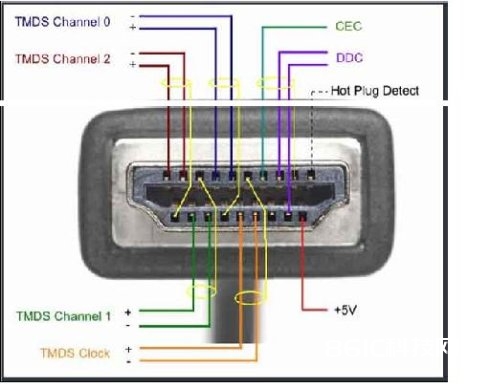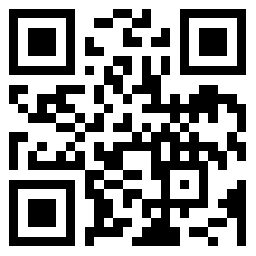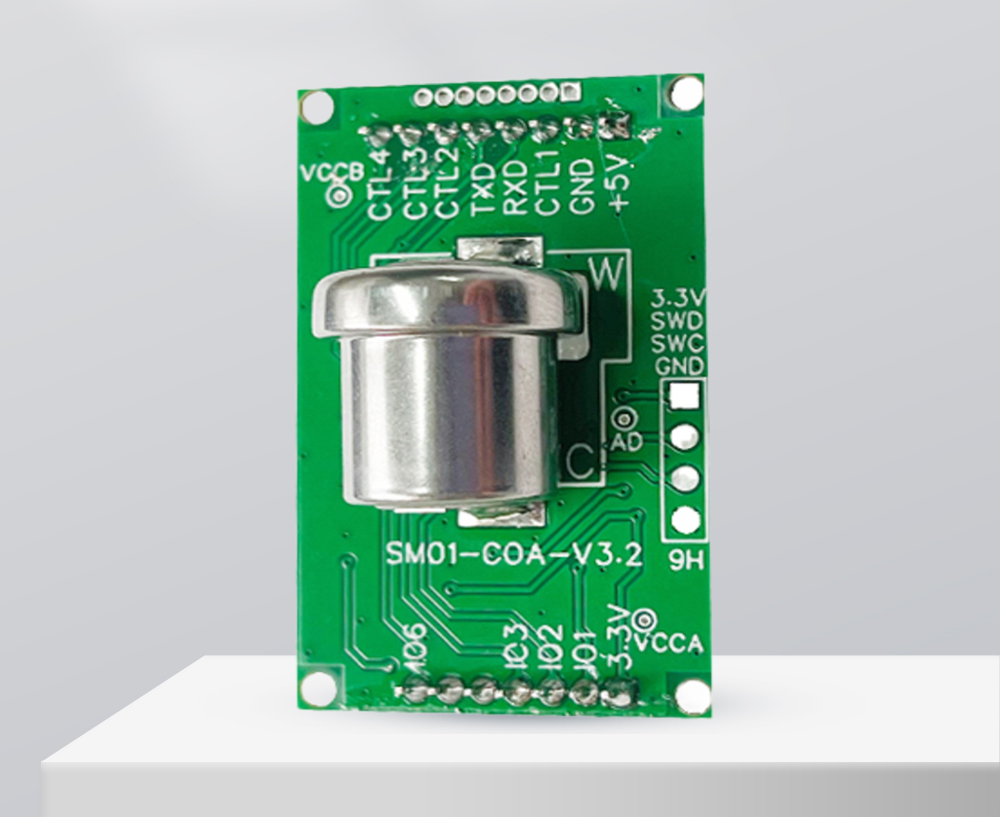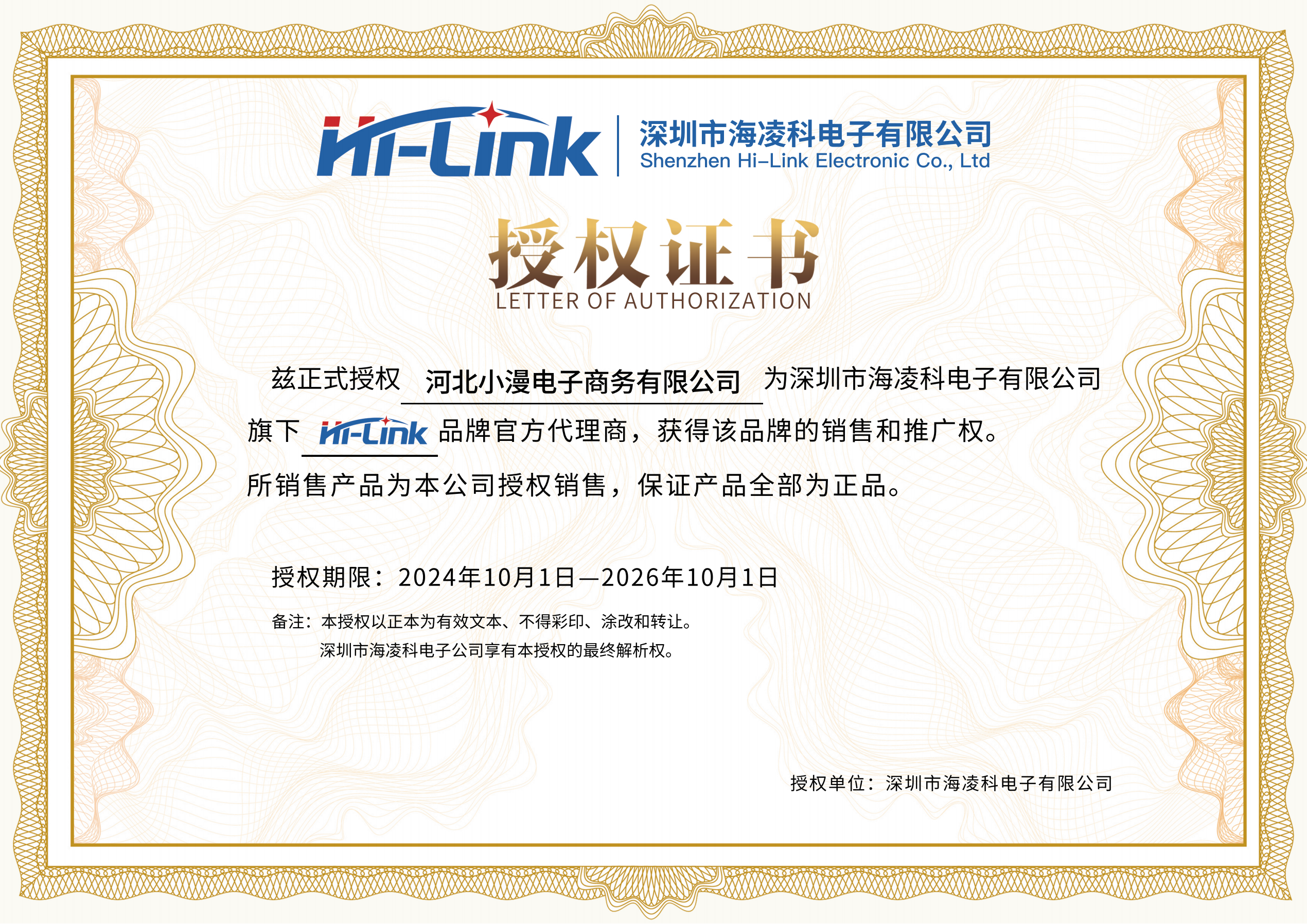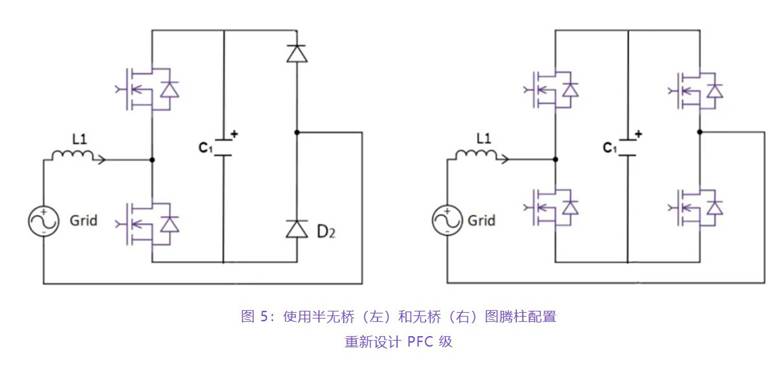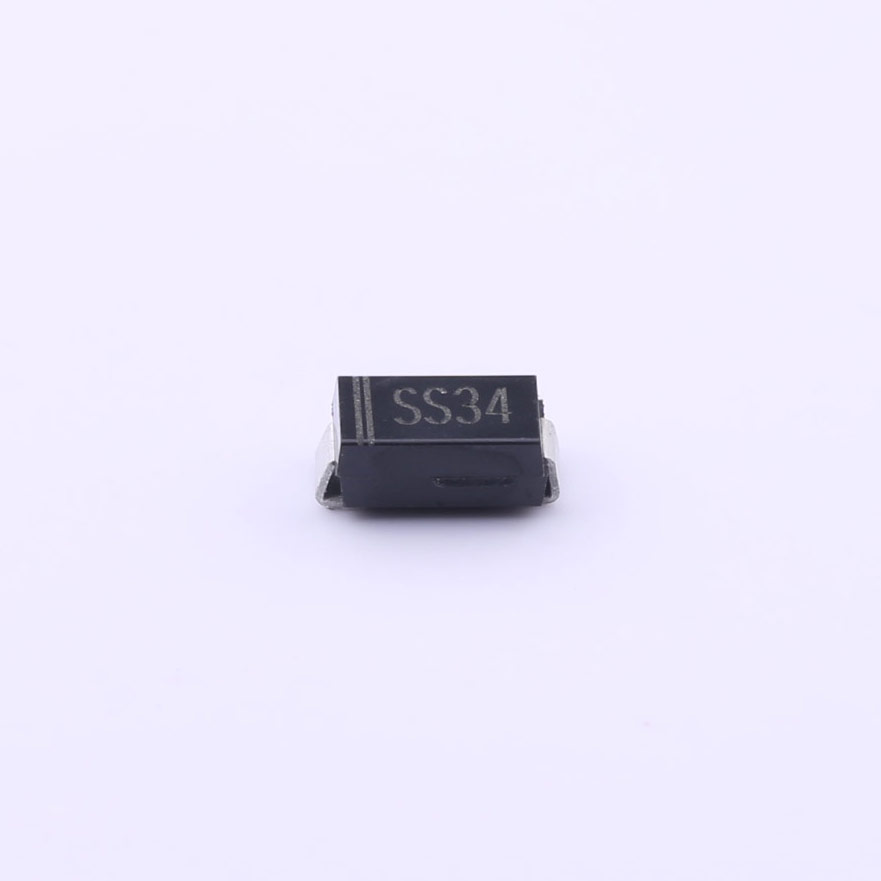The HDMI Plug
As illustrated in Figurebelow, an HDMI connector contains 19 pins, which include:
TMDS data channels (6 pins): these carry the digital data representing audio and video. Video data are always sent in an uncompressed format and includes horizontal and vertical blanking intervals. Audio data, which can consist of any compressed,non-compressed, PCM, single or
multi-channel formats (including the new DTS-HD Master Audio and Dolby TrueHD formats for blue laser DVDs), fit into the video blanking intervals and are sent as HDMI packets.
TMDS clock channel (2 pins): this is a reference clock signal that enables the receiving device to robustly recover the data stream.
Consumer Electronics Control (CEC) (1 pin): this is an optional feature in HDMI devices. It is a dedicated control bus that enables devices to automatically control other attached devices. See detailed description of CEC below.
Display Data Channel (DDC) (1 pin): this is an I2C bus that is used for devices to convey their capability information to other devices, and is also used for HDCP authentication and encryption.
+5V power (1 pin): supplies low current, +5V DC power for the purpose of reading the EDID ROM contained in the display.
Hot Plug Detect (1 pin): a signal intended to convey to the source that a “hot plug” event has occurred (such as a cable that has been unplugged), which typically results in the source re-initializing the HDMI link.
TMDS Shield Lines (4 pins designated in yellow): Each of the four TMDS channels is carried in the cable with a shielded twisted pair of wires. The shields, used to minimize cross-talk and EMI emissions, are attached to ground at both ends of the cable.
CEC/DDC Ground (1 pin): Used for the current return for all non-TMDS signals.
